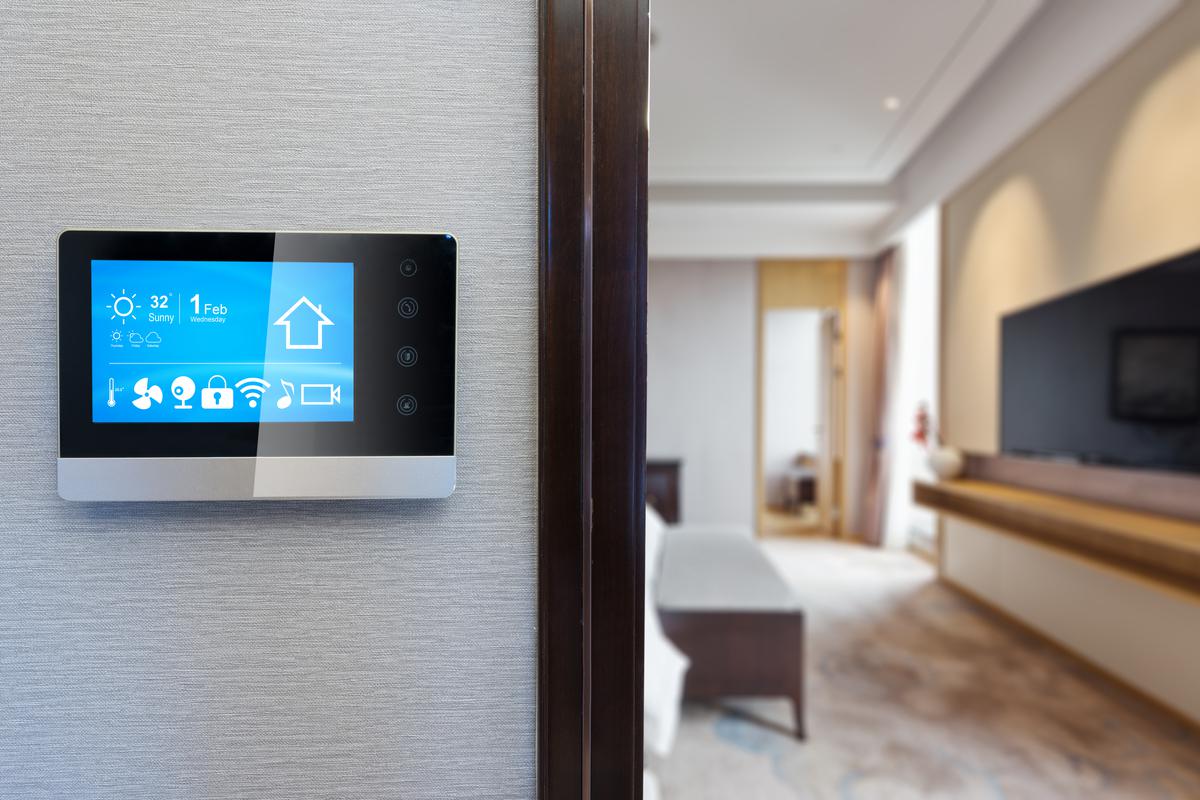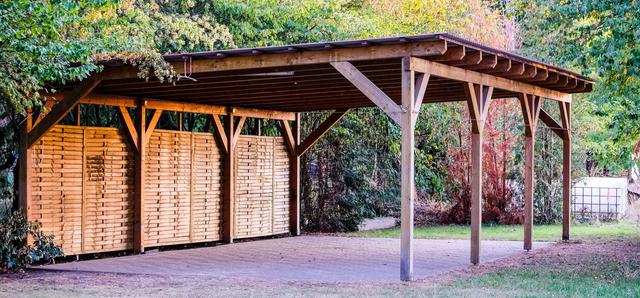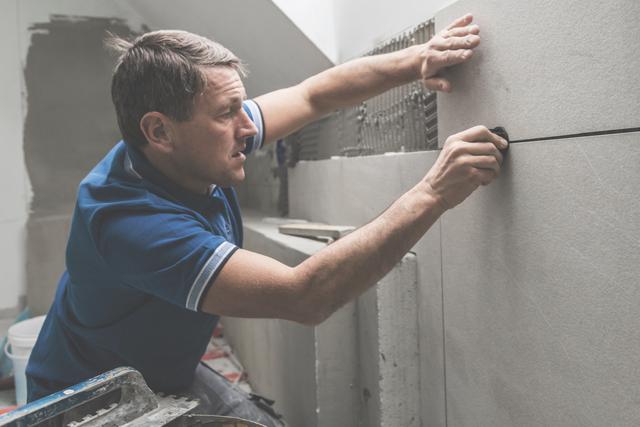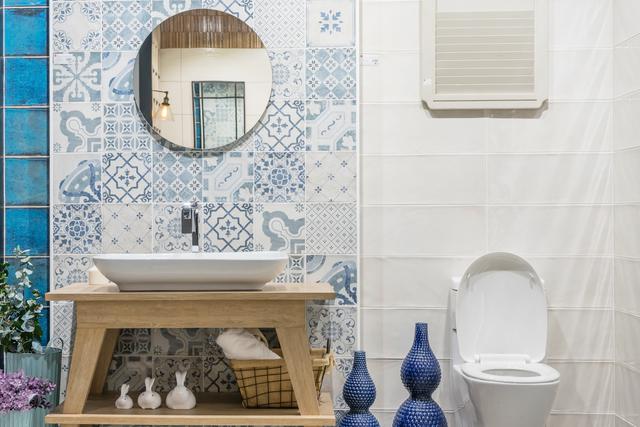As technology continues to advance, homeowners are increasingly interested in automating their homes for convenience, safety, and energy efficiency. Home automation can involve everything from automated lighting and climate control to smart security systems and entertainment systems. If you're considering automating your home, here are the top three things to keep in mind.
Cost
One of the most important things to consider when automating your home is cost. Depending on the level of automation you want, the cost can vary greatly. At a minimum, you'll need a smart home hub, which can cost anywhere from $50 to $300. This hub will serve as the central control point for all your smart devices. You'll also need to consider the cost of the individual devices you want to automate. For example, a smart thermostat can cost anywhere from $100 to $300, while smart lighting systems can cost anywhere from $50 to $200 per lightbulb. In addition to the cost of the devices themselves, you'll also need to factor in installation costs. Some devices can be easily installed by a homeowner, while others may require professional installation. Depending on your needs, you could end up spending several thousand dollars to fully automate your home.
Compatibility
Another key consideration when automating your home is compatibility. Not all smart devices are compatible with each other, and not all devices will work with your smart home hub. Before you start purchasing devices, it's important to research which devices will work with your hub and with each other. For example, if you're using an Amazon Alexa as your hub, you'll want to make sure that any smart devices you purchase are compatible with Alexa. In addition, you'll want to consider how the devices will work together. For example, if you're automating your lighting system, you'll want to make sure that your smart light switches and bulbs are compatible with each other and can work together seamlessly.
Security and Privacy
Finally, it's important to consider security and privacy when automating your home. Smart devices are connected to the internet, which means they can potentially be hacked. To protect your home and your personal information, it's important to choose devices that have strong security features, such as encryption and two-factor authentication. In addition, you should make sure that you change any default passwords and keep all your devices up-to-date with the latest firmware updates. You should also consider the privacy implications of automating your home. Some devices, such as smart cameras, may record video footage or capture audio that could potentially be accessed by hackers or third parties. To protect your privacy, make sure you read the privacy policies of any devices you're considering and only purchase devices from reputable manufacturers.
In conclusion, automating your home can provide many benefits, but it's important to consider cost, compatibility, and security and privacy when doing so. By keeping these factors in mind, you can create a smart home that meets your needs and provides you with the convenience, safety, and energy efficiency you desire.
Average Cost of Automating a Home: The cost of automating a home can vary depending on the level of automation you want. A basic setup with a smart hub and a few smart devices could cost as little as $500, while a more extensive setup could cost several thousand dollars.






comments